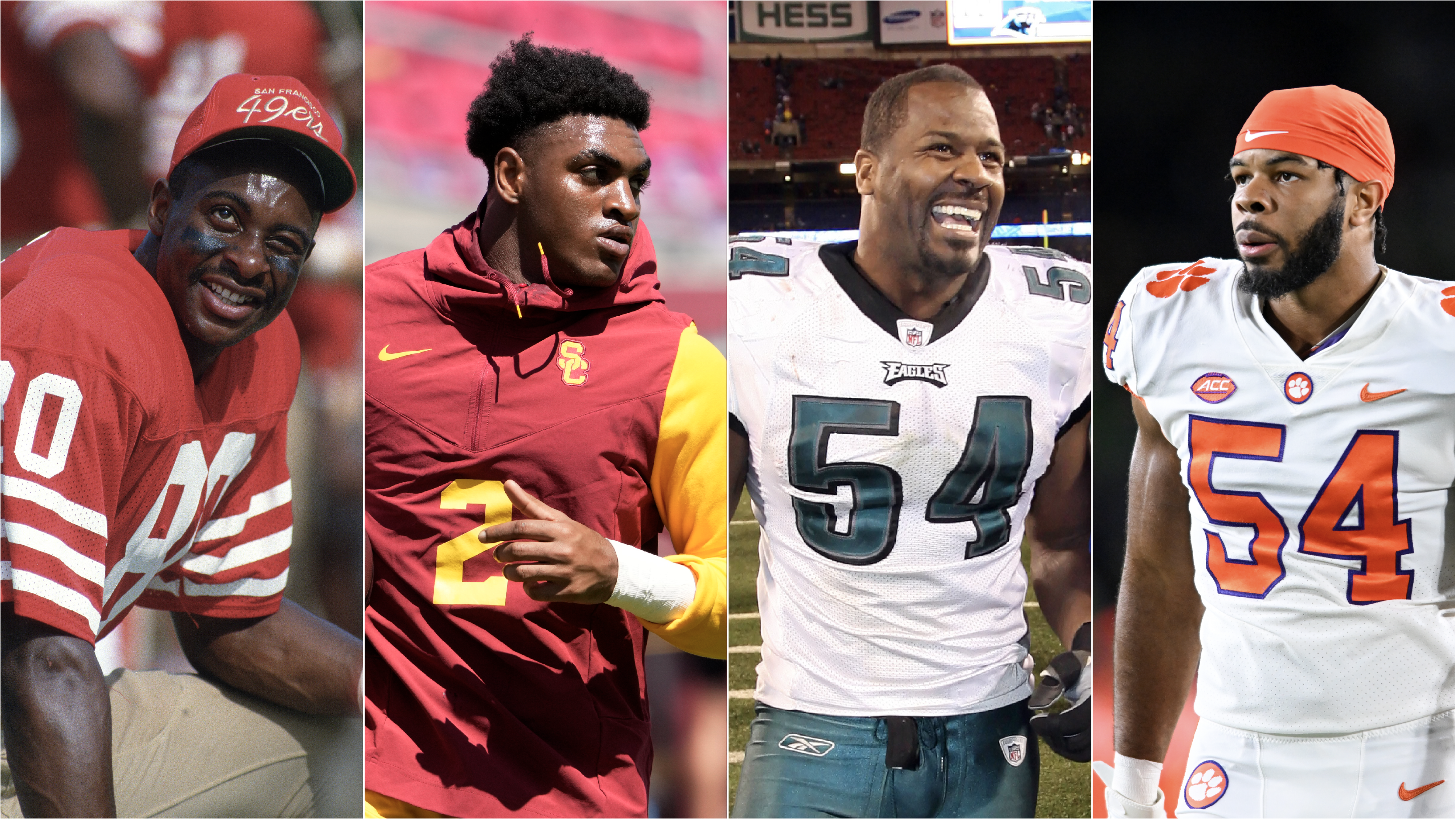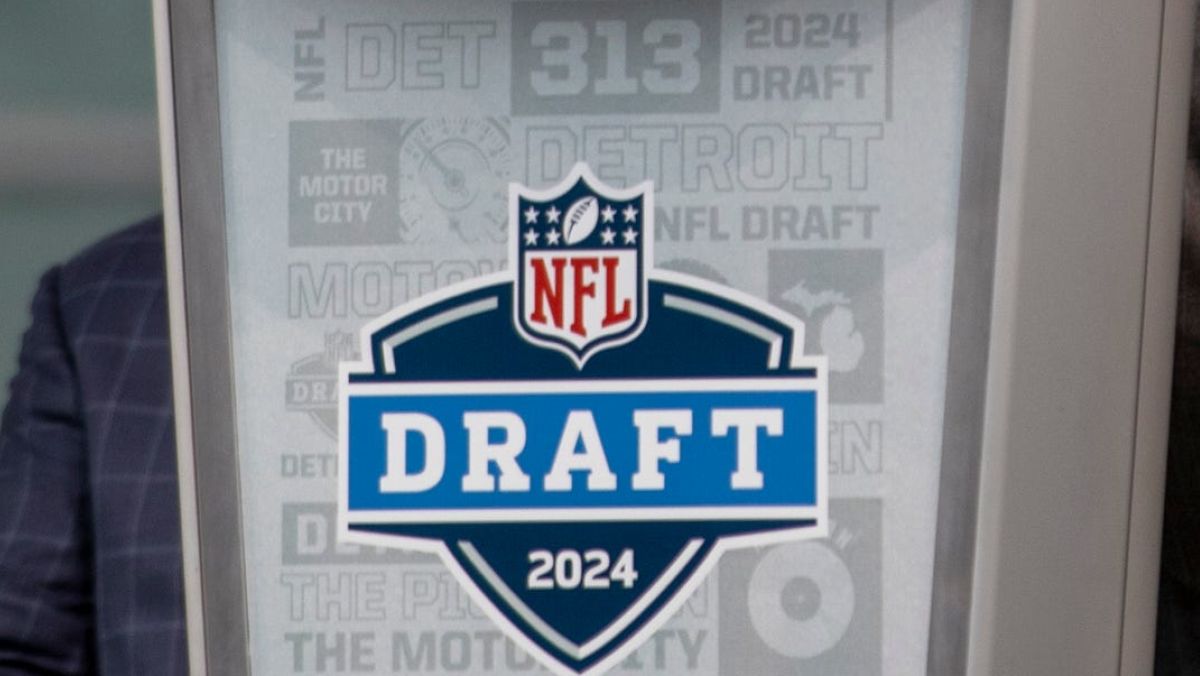INDIANAPOLIS — One of the most frequently asked questions of the 2017 NFL Scouting Combine — right after "Did Mitch Trubisky measure 6-foot-3?" and "Hey, what about Joe Mixon being barred?" — has been, "So is John Fox coaching for his job?"
Probably a pretty normal question given Fox heads a Bears team that has gone 9-23 in his first two seasons in Chicago.
Along with that would be an only slightly less acute question of whether general manager Ryan Pace is in a similar situation.
The answers are at once pretty simple and not so simple. One obvious is that coaches are coaching for their jobs just about every week of an NFL season, or at least that's how they truly do feel, the reasoning being that one bad season might not immediately cost them their job but that it takes up most of the slack in the rope that goes around their necks the day they're hired.
And the win-now pressure becomes potentially relevant for a team with the No. 3 pick in the draft and a lot of money to spend in free agency in a business where coaches typically think win-now and general managers think win-then, as well.
Meaning, what if any effect will job-related urgency have on the Bears' draft plans? Is the need to win now a potential tipping point in the Bears' decisions with that No. 3 pick?
Ostensibly, no. For two reasons:
NFL
One, Pace said as much: "We're looking to set this thing up for long-term success. You've got to be careful not for these quick fixes that sometimes won't work out." It’s what Pace might be expected to say, but there it is.
Two, signs of progress, whether in win total, player development or other measure, is what will keep Fox and Pace in their jobs. A three-win 2016 was a stunningly bad result, until factoring in three different starting quarterbacks, four different starting safeties and five different starting cornerbacks.
But it also sets a low starting bar. Winning, say, a very achievable seven games in 2017 will likely pass for "progress," particularly since that would presumably include a couple of good wins in there somewhere.
[MORE BEARS: NFL Scouting Combine presents opportunities — both good and bad — for Bears]
Looking at expectations from a high draft pick against that backdrop:
A quarterback at No. 3 does not usually project to make a major Year 1 impact. The Dallas Cowboys did go from four wins to 13 with rookie Dak Prescott, but the Philadelphia Eagles were 7-9 when they drafted Carson Wentz and 7-9 with him.
On the other hand, a defensive needle-mover (such as Alabama's Jonathan Allen, Texas A&M's Myles Garrett or Stanford's Solomon Thomas, all projected impact pass rushers) can. Leonard Floyd gave the Bears seven sacks in an injury-speckled year. Joey Bosa netted 9.5 scks in a late-starting season with San Diego. Yannick Ngakoue totaled eight in Jacksonville. DeForest Buckner had six for San Francisco.
Of course, as with quarterbacks, "impact" is a very fluid, very loosely defined concept. Of the Chargers, Jaguars, Bears and 49ers, San Diego had the most wins with only five.
For reference purposes, Ted Thompson had only one winning season in his first four as the general manager of the Green Bay Packers. But his trend line was so clearly up — from 4-12 his first year (2005) to 8-8 to 13-3 before a dip to 6-10 and then on to 11-5, followed by a Super Bowl winning season — that his example doesn't necessarily provide a useful template for the Bears' situation.
Fox and Pace were as surprised as anyone by the second-year drop-off, from 6-10 to 3-13, even with the injuries and Alshon Jeffery's suspension. It marked the first time in 28 years of coaching that Fox had been part of two consecutive losing seasons.
But a draft pick made with an eye toward any must-win-now mindset appears less and less likely as those potential picks fire up for this week's Scouting Combine.


